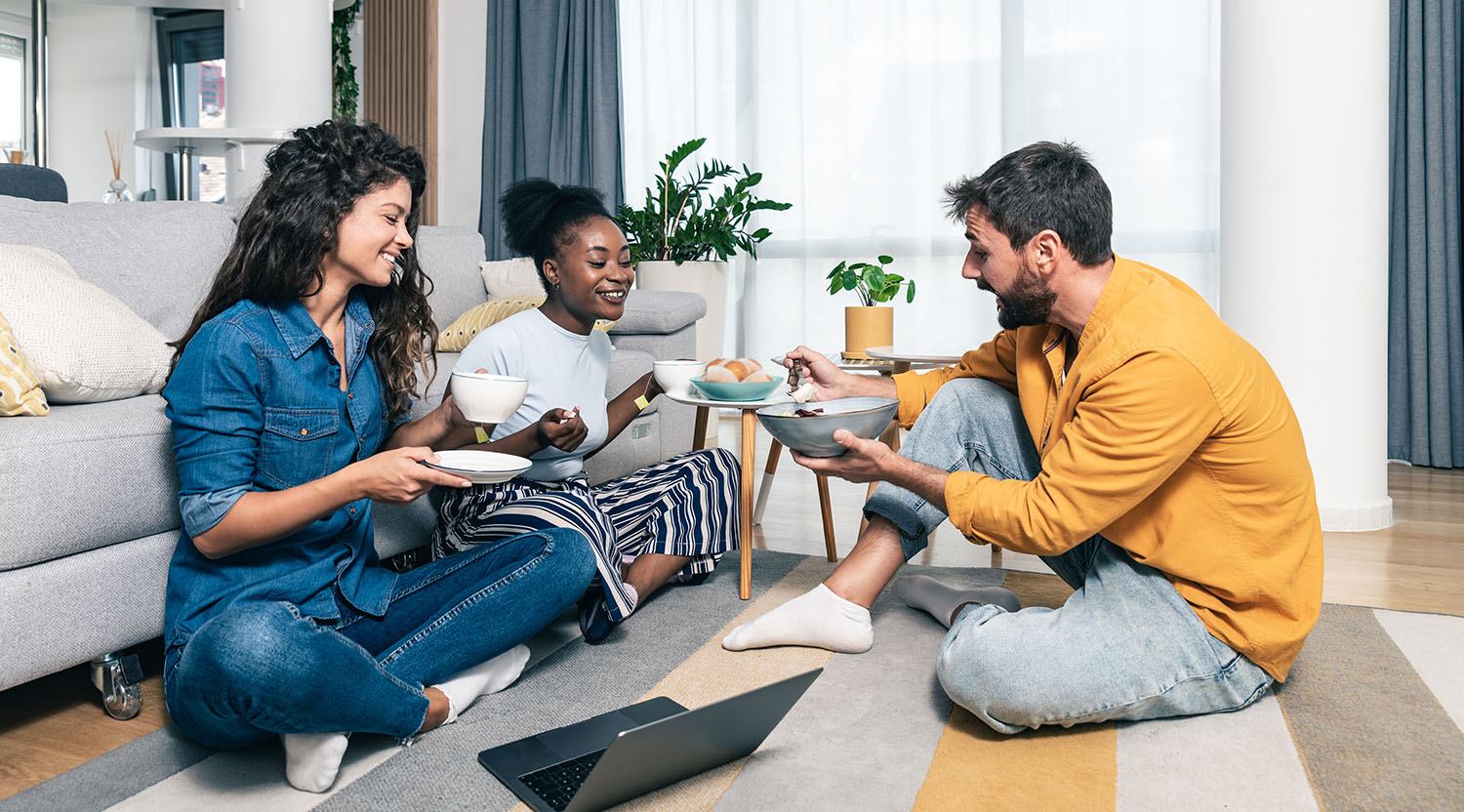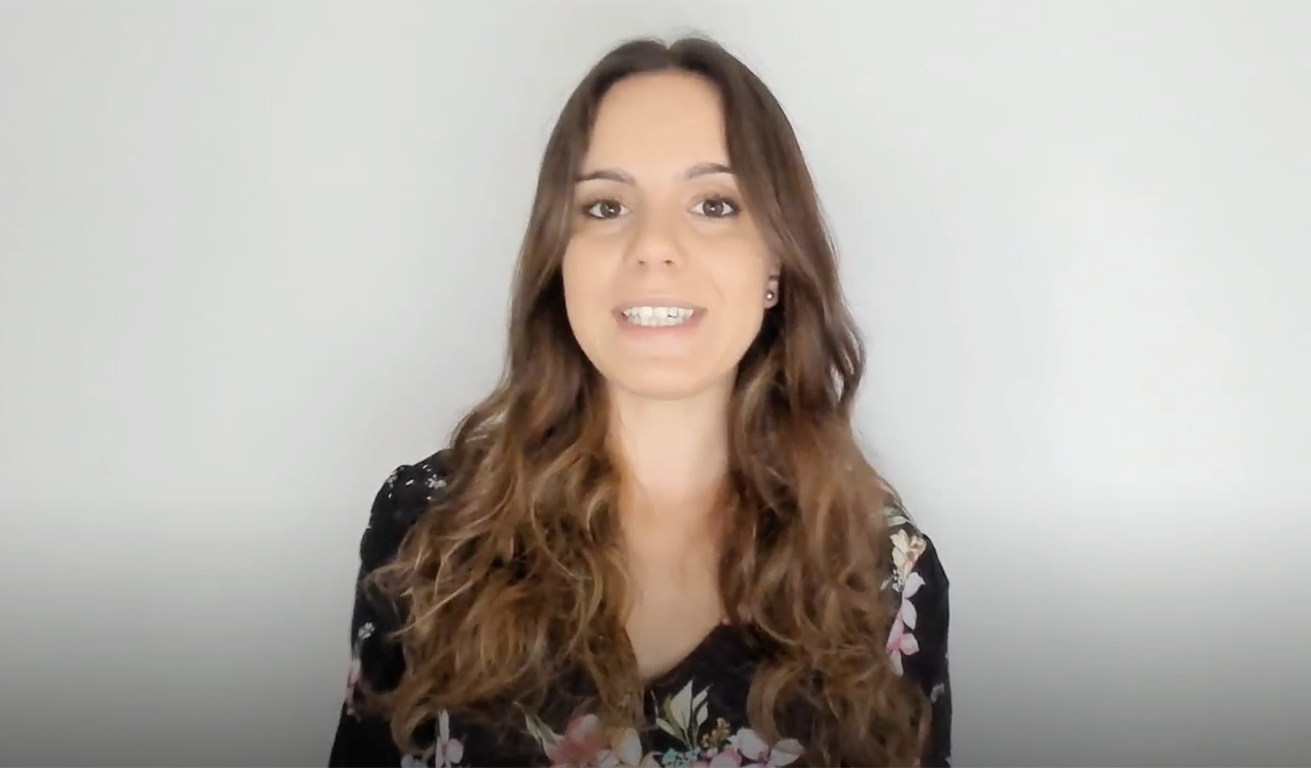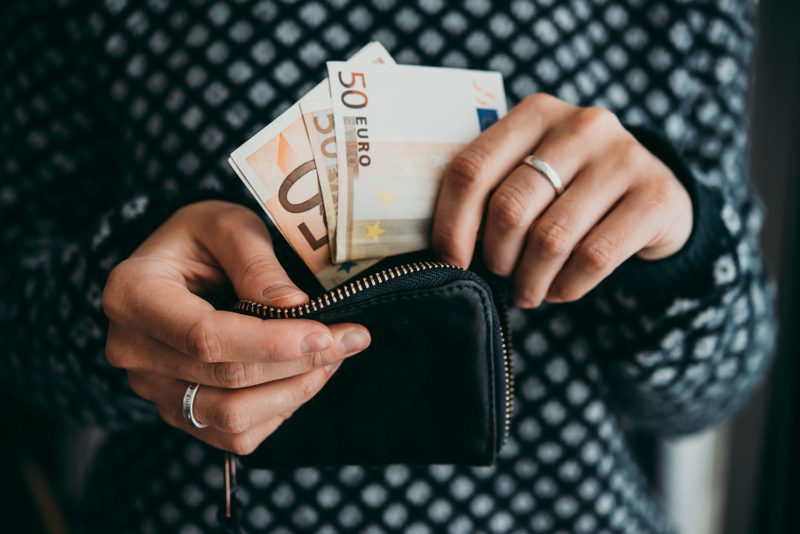

Financial lessons you need to master in your 30s
Que sí, que la joventut és per gaudir-la i cal aprofitar cada moment, encara que això impliqui gastar més del compte en viatges, roba i oci. Però a partir dels 30 anys, hauries d’haver après a dominar alguns hàbits financers per aconseguir estalviar pel futur.
Si ets jove, atent, perquè a 11Onze recollim cinc consells que et poden ser útils per començar a organitzar les teves finances: aprendre a fer un pressupost, estalviar, no fer-se il·lusions espúries, no endeutar-se massa i guardar sempre una mica més. Aquestes són les claus per assolir la desitjada independència econòmica. I, si no en tens prou, la cap d’agents Mireia Cano t’aconsella com crear el teu primer pla d’estalvi al vídeo de sota!
- Aprèn a fer un pressupost. Això ho hem explicat a La Plaça alguna altra vegada, però la independència econòmica només s’aconsegueix si aprenem a complir amb un pressupost. Per això, cal saber quants diners guanyem i, sobre aquests ingressos, haurem de calcular el que volem gastar per assolir l’objectiu d’estalvi que ens hàgim posat.
- Estalvia entre un 10% i un 20% del que guanyes. I quina és la meta d’estalvi que ens hem de posar? Els experts recomanen, com a mínim, estalviar entre el 10% i el 20% del que ingressem, sobretot si el teu sou és molt baix.
- No t’expliquis el conte de la lletera. Amb les teves finances has de ser realista. Si tens una feina corrent amb un sou comú, no pots somiar a fer-te ric. Quina edat tens i què t’agradaria aconseguir a la vida? Quant de temps creus que hauràs d’invertir amb els diners que guanyes ara? Així sabràs quants diners has d’estalviar.
- Si t’endeutes, tu controles. Si a partir dels 30 anys, necessites endeutar-te per pagar el cotxe, la hipoteca o els estudis, controla que no tinguis cap deute acumulat i, si necessites demanar un préstec, avalua que això no sigui una llosa que arrosseguis massa anys. En aquest sentit, un bon mètode és llistar els teus deutes del més gran al més petit, i invertir els teus ingressos a pagar-los en aquest ordre.
- Guarda sempre una mica més, per si de cas. No saps mai quan tindràs una despesa inesperada i urgent. Per això, està bé sempre tenir un fons d’emergència pel que pugui passar. Per això, està bé esbossar un pla per guardar un percentatge del teu estalvi a aquest fons de contingència.






Doncs sí, cal anar aprenent el món de les finances poc a poc. Les coses de palau van suau, es a dir que al capdavall tots em d’apendre a gestionar els nostres dinerons i més val apendreu poc a poc i bé que no al revés.
Totalment d’acord, Jordi. Moltes gràcies pel teu comentari!!!
Ok
Gràcies, Josep!!!
Ho passo als meus fills.
Genial Pere, seguim aprenent. Ens veiem per la Plaça
Ben explicat
Gràcies, Ricard pel teu comentari, ens veiem per La Plaça
Ben dit i explicat i si poc a poc es pot aconseguir
Moltes gràcies pel teu comentari, Alícia. Saber d’economia hauria de ser bàsic per qualsevol edat. Molt contents que t’agradi, ens veiem per la Plaça!
Genial explicat!! Quina maravella, claretat i energia. Si no hi podem 5€ som un desatre oi??
De mica en mica s’omple la pica Laura!
5 consells com 5 castells. Ens aconsellen com balancejar seguretat/risc o estalvi/endeutament.
Moltes gràcies pel teu comentari, Francesc!!!
Molt bé Mireia,11Onze posant ordre i seny al consumisme desfermat, atrevint-se fins i tot a dir una veritat com un temple: Amb un sou normal no et faràs ric. Cal tocar de peus i terra i com diem els catalans, no ser un somiatruites. Els bancs deixen diners, però s´han de tornar .
Molta raó, Mercè, els bancs tradicionals mai ens han fet cap favor, sempre s’ho han cobrat tot, i ara, tal com està tot, encara és molt pitjor que abans, comissions abusives, tracte dolent, costos d’oficines i d’empleats desmesurats i als quals no poden fer front, ja van veient que se’ls hi acaba el xiringuito… Moltes gràcies pel teu comentari, Mercè!!!
Gràcies, Joan!!!